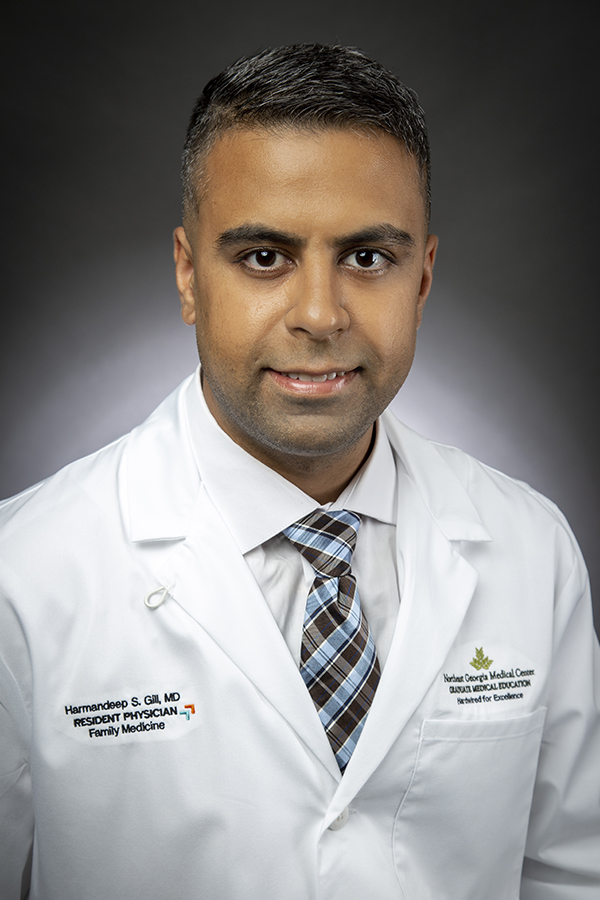“NO! We are not donating his organs; my baby is only 20 years old. He is going to wake up!”
These words hang in my memory. These are the words from my friend’s mother, as she dealt with her son’s overdose which resulted in his untimely death at the age of 20. This happened in Vancouver, Canada.
I will always relive these moments. Having a friend pass away in such a manner will always leave me guessing, could more have been done to prevent this? Unlike many illnesses, the illness of addiction can be very deceptive. I had no idea that my friend was addicted to opioids, such as oxycodone. If I had known, I could, and would have helped. Unfortunately, at that time I was unaware of the signs and symptoms of addiction to opioids.
In writing this blog, I have an opportunity to help others recognize what opioid dependency can look like.
What are Opioids?
Opioids are a class of drugs that are used to reduce pain. The opioid I’d like to raise awareness about in particular, is fentanyl. Fentanyl is devastating many American cities and towns.
Growing up in a coastal city on the west coast of Canada, we were exposed to fentanyl well before most cities in the United States. Vancouver, Canada is a hub for fentanyl trafficking from China through its vast seaports. According to the CDC, in both 2020 and 2021, drug overdose rates were highest for adults aged 35–44; the main culprit being fentanyl. So many homes have been torn apart by this silent and deadly killer, just like my friend’s.
What are common signs and symptoms of fentanyl addiction?
Chest tightness, mood swings (often manifesting as depression and anxiety), dizziness and confusion, fevers and chills, unexplained fatigue (even though they are well rested), and finding paraphernalia such as empty pill bottles that do not belong or not prescribed to that individual. These are all common signs and symptoms of fentanyl addiction.
How does Fentanyl get on the street?
Fentanyl has been laced into the local supply of other illicit opioids, such as oxycodone. Oxycodone has been a street drug for years now, poisoning the local drug supply leading to unintentional overdoses. The pill may look exactly like a prescription medication, but the pill is fake and the only opioid that it contains is manufactured fentanyl. Fentanyl has shaken almost every American town to its core. According to a census taken in 2022 by the Gainesville Police Department, there has been 83 overdoses in the past year alone according to the Gainesville Police Chief, Jay Parrish. Because Gainesville is situated so close to Atlanta, it makes our community particularly vulnerable.
What is the community currently doing to collaborate and take on the issue of the dangers of illicit fentanyl?
There are many initiatives to educate the youth, including presentations such as “Fentanyl is Fatal, Fatal is Forever” that was recently presented at Gainesville High School (presented by Gainesville Police Chief, Jay Parrish). Additionally, recovering addicts recently presented information to a ninth-grade class on the dangers of fentanyl.
I strongly believe as a new physician, that the most preventable deaths that are occurring from fentanyl overdoses, are the deaths of children and adults under 21. In Hall County High Schools recently, there have been five fentanyl overdoses. We need to be able to recognize that this is a missed opportunity to educate our youth. Under no circumstance should a person under 21 years of age be unaware of the deadly effects of fentanyl. We, as a community, should be empowering our youth with information to help protect and educate them on the dangerous effects of Fentanyl.
Learn more about Fentanyl addiction.
How to Get Help
If you or someone in your life is addicted to fentanyl or any opioid, please seek help right away. You can contact J’s Place, a local substance use recovery center, or consider reaching out to a Northeast Georgia Physicians Group Behavioral Health Specialist who has training in substance use treatment.
And as always, talk to your doctor. They know your health best and can help you get the help you need. If you don’t currently have a primary care physician, you can find a doctor and schedule an appointment.



